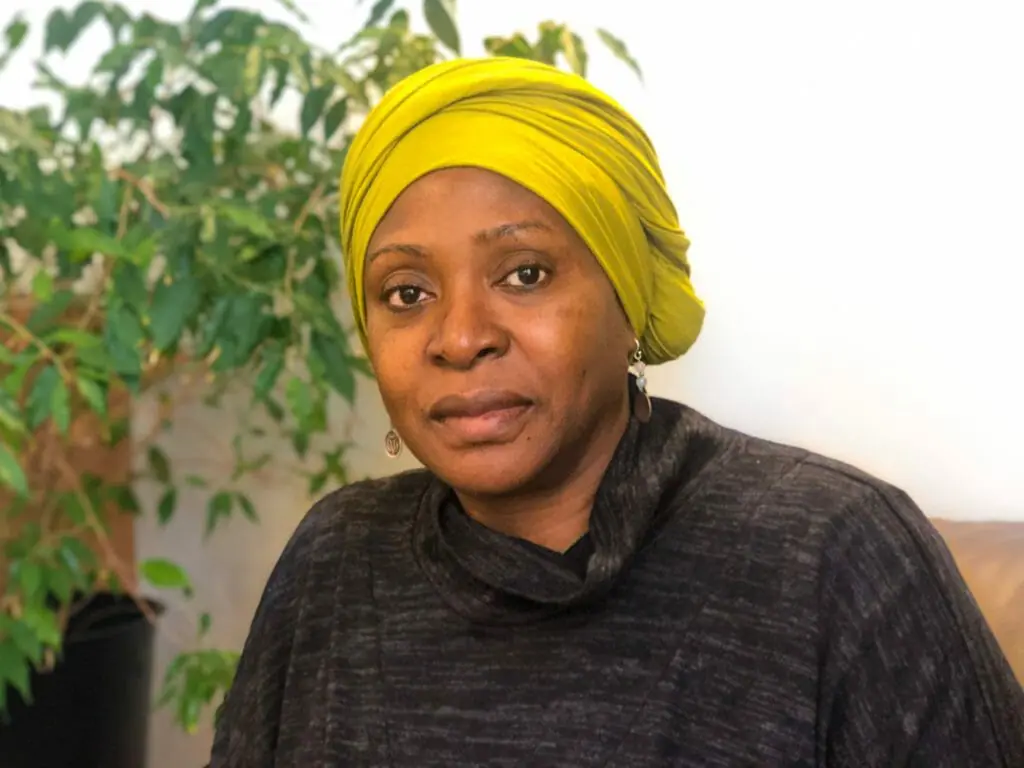Dalhousie University is creating a new major in response to recommendations for more Black-centric education by the Report on Lord Dalhousie’s History on Slavery and Race, which examined the university’s history and connections to slavery.
The new program will be officially titled a bachelor of arts major/honours degree in Black and African diaspora studies under the faculty of arts and social sciences.

The program is among the first of its kind in the country, spearheaded by Afua Cooper, chair of the Lord Dalhousie scholarly panel on slavery and race.
Cooper has been working to increase Black and African diaspora studies at Dal for nearly 10 years. She began pushing for a Black and African diaspora studies minor at Dal after being named the James Robinson Johnston chair in Black Canadian Studies in 2011. The minor was instituted in 2016.
Cooper said she’s glad to see this major created after launching the minor “did seem like an uphill battle,” she said. “We have overcome that. I think the university is at a place where they are saying, ‘We are supporting this’ and it’s not just lip service but, as the saying goes, putting their money where their mouth is,” Cooper said.
Registration for the major will not be available until fall 2022, but students will be able to register for courses that will count towards the major this fall, according to Rachel Banks, a master’s student in the department of philosophy, and a research assistant for Dal’s Black and African Diaspora Studies program committee, who are developing the program.
Black history is essential to all history
Cooper said she was shocked after coming to Dalhousie in 2011 and learning there was not even a Black and African diaspora studies minor at the school.
If history departments fail to address Black and African diaspora studies, and its undeniable relevance, students aren’t receiving a complete education, Cooper said.
“They are producing students who are absolutely unequipped to deal with the world,” Cooper said. “We are producing students who don’t have cultural competence. They don’t have the intercultural skills. They don’t have the knowledge.” By educating all students about Black history and cultures, the university can make an impact in dismantling racism within the community, Cooper said.
For example, Cooper said some Canadians have told her they’re surprised she speaks English so well. Cooper was born in Jamaica where English is the only official language.
“Why would you be surprised? English is my mother tongue,” Cooper said. “You have a bachelor’s degree, you should know those things. That’s basic.”
The idea of Black history as a central part of education is echoed by the committee who are developing the major.
“Black history is a part of our history, of everyone’s history. And it should be taught as such and not separate,” said Banks. She said the goal is to make this program as big as political science or history at Dalhousie by inviting guest speakers, or potentially doing a co-op program.
“What will be real progress is once the program is established, seeing how Dal continues to grow, and embrace and foster the program. So by that I mean setting aside funds to hire new Black faculty, and to bring in graduate students from all around the world to come to Dal and engage with the program,” Banks said.
Banks said the current university curriculum is complacent in causing students to believe Black scholarship does not exist.
“This further perpetuates the idea that there were no Black scholars back in the day or there were no Black thinkers contributing to the field of history or political science. And I think that is a failure on the department’s part,” she said.
Dal moving in the right direction
According to Cooper, it’s crucial for universities to support programs like this due to their role in the world.
“Dalhousie University is a major influence on the province of Nova Scotia and the Atlantic region. It is the flagship university of the Atlantic region. So we cannot continue producing knowledge about one set of people,” Cooper said.
The introduction of this program, and the greater integration of Black history and culture into Dalhousie courses is a key part of creating a more diverse campus, Cooper said.
“We have to say, ‘Where are African Nova Scotian students? Why aren’t we seeing more of them on campus? What is going on?’ It’s not a simple matter of offering scholarships to African Nova Scotians,” Cooper said.
Similarly, Banks believes the university requires deeper change than simply offering monetary supports to Black students.
“It’s not just a matter of making an inclusive space, but it’s also about making Black students feel like their contributions matter, and are just as important and are taken seriously in any field at Dalhousie,” she said.
Banks and the committee are open to student feedback regarding what they’d like to see in the program. She can be reached at r.banks@dal.ca.

Recent Comments